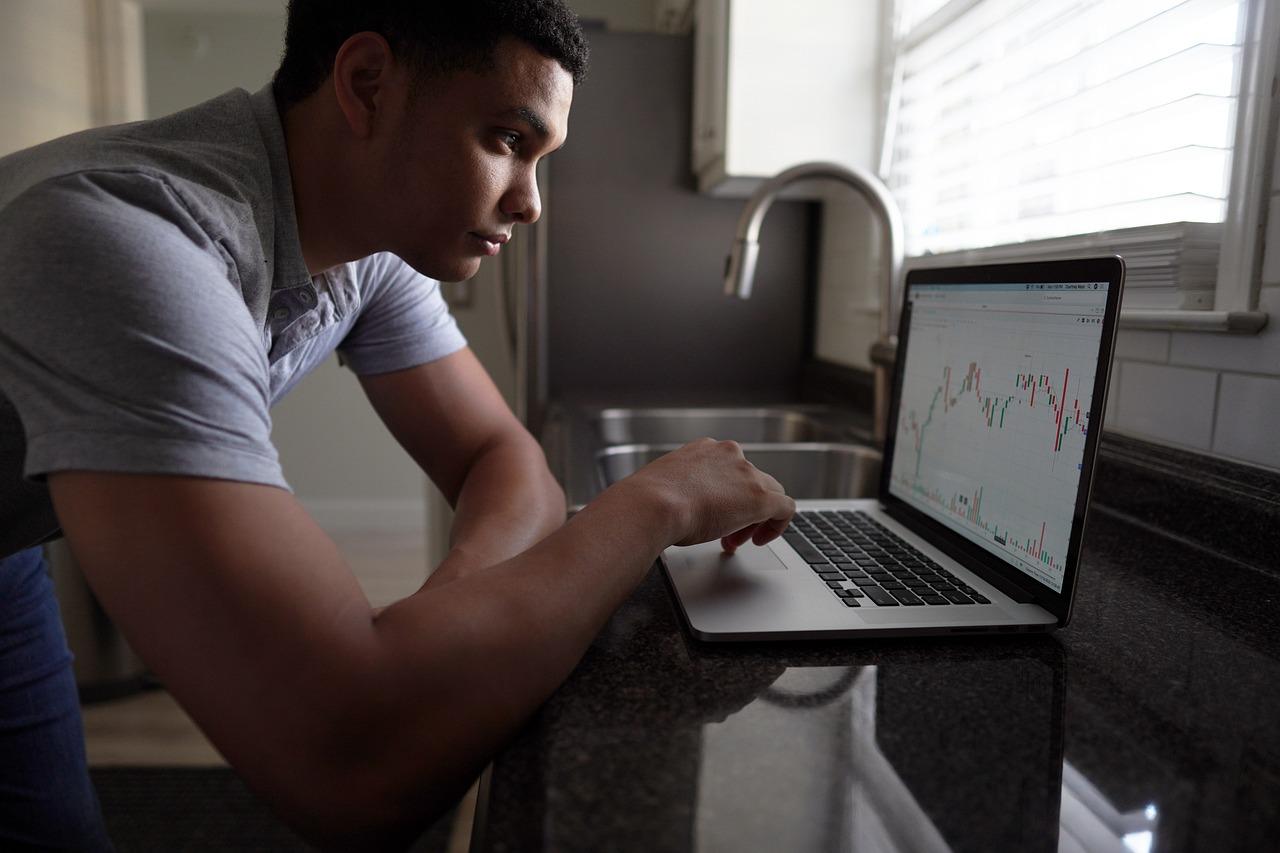
Trading Psychology: Mastering the Mental Game of the Markets
Every trader starts by learning charts, indicators, and strategies. But the real battle? It’s in your head. Trading psychology is what separates profitable traders from those who quit. It’s not your system. It’s not your broker. It’s you — and how you think, react, and decide under pressure.
The Most Dangerous Trader Is an Emotional One
Fear, greed, overconfidence, doubt — these emotions hit every trader. The difference? Pros learn to manage them. Beginners get consumed by them.
-
You fear missing out, so you enter late.
-
You’re afraid to lose, so you cut winners early.
-
You’re overconfident, so you over-leverage and blow the account.
Your mental discipline determines your long-term outcome more than any signal.
Common Psychological Traps
-
Revenge Trading – Trying to win back what you lost with impulsive trades.
-
FOMO (Fear of Missing Out) – Jumping into a trend after the move is already done.
-
Paralysis by Analysis – Overthinking every trade until the opportunity is gone.
-
Ego Trading – Refusing to admit a mistake or take a loss.
If you recognize these habits in yourself — congratulations. That’s step one. Awareness is the beginning of mastery.
How to Develop a Winning Trader Mindset
-
Have a plan before every trade. Know your entry, stop-loss, and target. Then stick to it.
-
Accept losses. They’re part of the game. Even the best traders lose.
-
Limit screen time. Overwatching the charts often leads to emotional decisions.
-
Journal everything. Not just your trades, but your feelings during each trade.
-
Take breaks. Walk away when emotions run high. Reset your mind before re-entering the market.
The Power of Discipline
You don’t need more indicators. You need more patience.
You don’t need to double your lot size. You need to follow your rules.
Discipline is what keeps you out of bad trades. It helps you ride winners longer. It lets your edge play out over time — instead of gambling on every tick.
In fact, the best traders often take fewer trades than most, but with better setups, better risk, and stronger conviction.
Turning Psychology Into Profit
Let’s say your strategy is solid — 60% win rate with 1:2 risk-to-reward.
That’s great — but without the mental strength to follow the plan, it won’t matter.
-
Close early? You reduce your edge.
-
Move stops emotionally? You increase risk.
-
Enter on impulse? You take low-quality setups.
Every time you break the rules, you’re not just hurting your capital — you’re damaging your trust in yourself.
Final Thoughts
You won’t master trading psychology in a week. It’s a daily effort. But every time you follow your plan, stick to your risk, and stay calm under pressure, you’re leveling up.
📌 Remember: Your mindset is your most powerful trading tool. Protect it, train it, and trust it.



